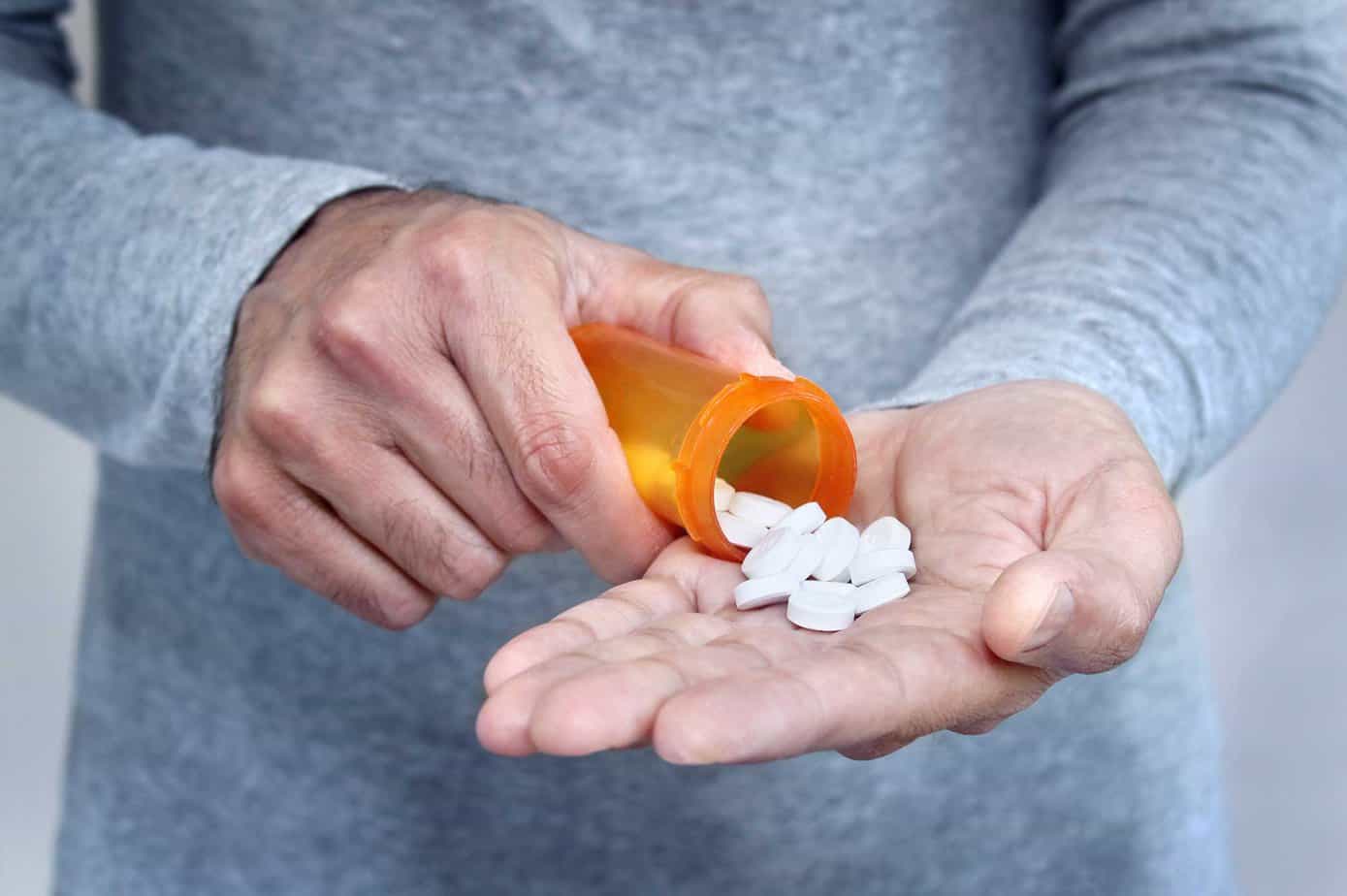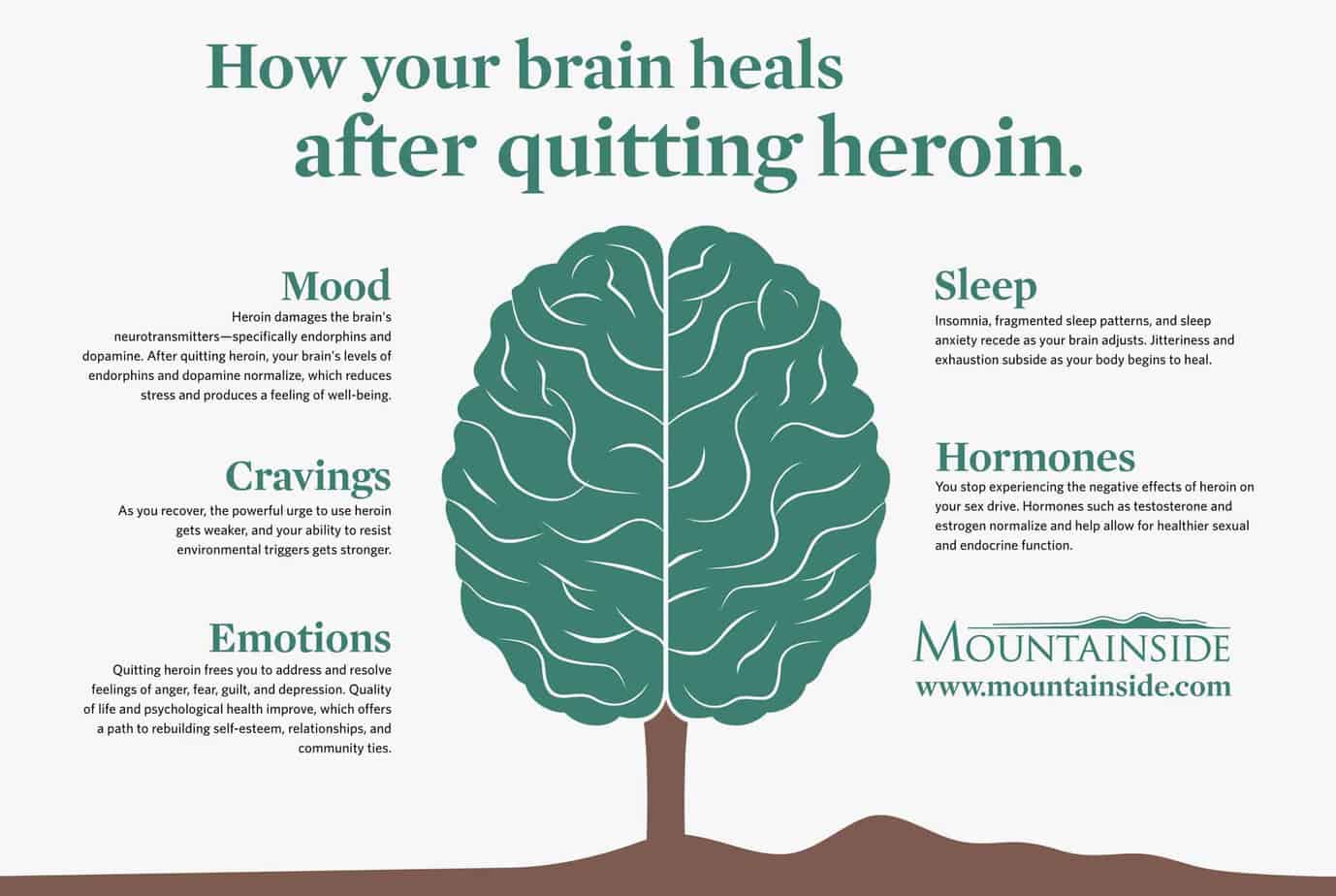If you or a loved one is struggling with alcoholism or drug addiction, we are here to help. Reach out to Mountainside by calling 888 833 4676.
Transcript
I’m a firm believer in an abstinence-based model of treatment. We see hundreds and hundreds of people get off drugs and alcohol and stay off drugs and alcohol and move on to live full, productive, happy lives. But I think we need to get away from that rigid one-size-fits-all philosophy for substance abuse treatment.
If we understand addiction as a primary, chronic disease of the brain that changes the dopamine reward pathways and brain circuitry, then I think it’s naïve of us to think that every person is going to be able to stop using drugs after a five-day detox or 28-day rehab. I think that’s where medications like buprenorphine or Suboxone come into play, particularly for people who are suffering from cravings and withdrawal symptoms and are at high risk for relapse or opiate overdose.
Is buprenorphine addictive? Yes. It’s a partial agonist, meaning that it hits the opiate receptors, releases dopamine, and then blocks cravings or withdrawal symptoms. It’s a long-acting opiate agonist. It lasts about 30 hours so that people can go on and live more functioning lives and be able to benefit from other therapies and get their lives back on track. I think the thing about buprenorphine and medications like naltrexone and Vivitrol…this is medication-assisted treatment. The key in that is that it’s medications plus treatment, not medications alone, that are going to make a difference in people’s lives.
People are dying of opiate overdose, opiate addiction every day. So I really think that we need to get away from this all-or-nothing philosophy and embrace medication-assisted treatment and do what we can to help save lives.
If you or a loved one is struggling with addiction, Mountainside can help.
Click here or call (888) 833-4676 to speak with one of our addiction treatment experts.

 By
By 





